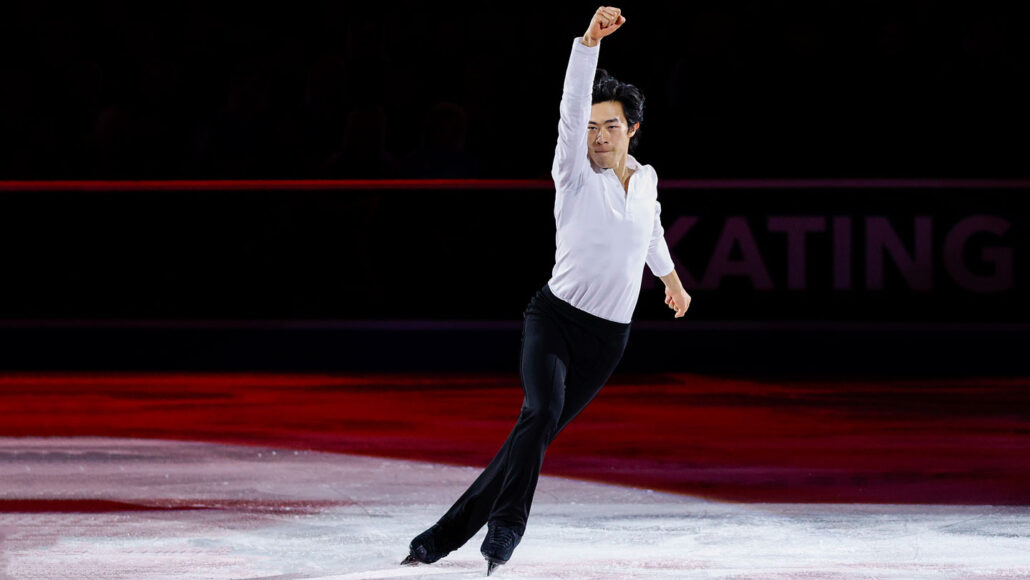Questions for ‘New training builds ‘mental’ muscles in athletes’

U.S. figure skater Nathan Chen, seen preparing for the 2022 Winter Olympics in Beijing. After learning in 2021 that some elite athletes had withdrawn from some competitions to work on their mental health, he offered his support. People must realize, he said, “We are important as people, not just athletes.”
LOIC VENANCE/AFP VIA GETTY IMAGES